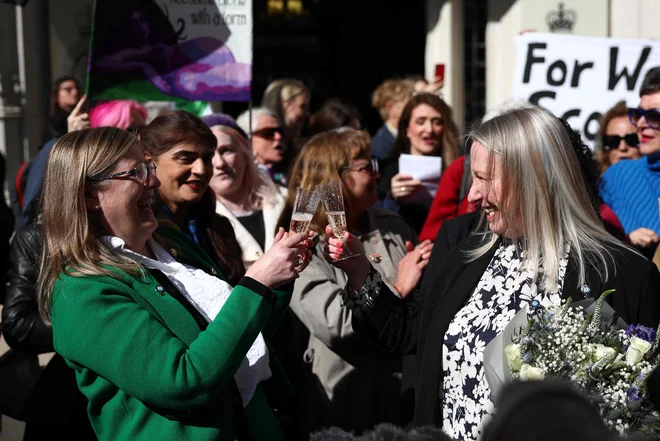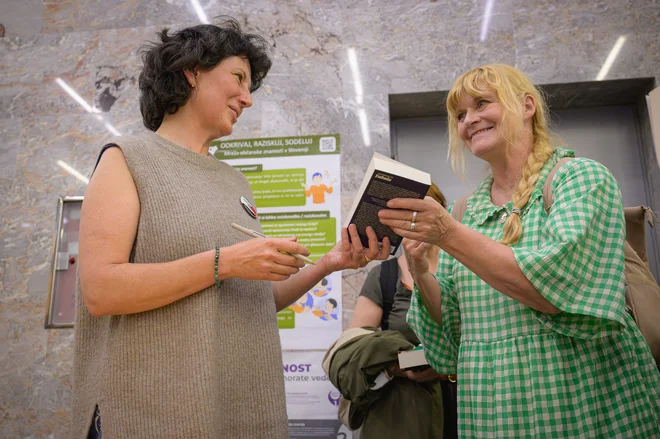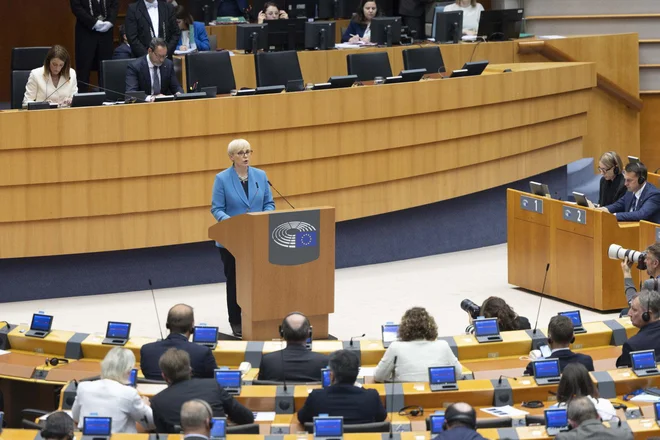What brings the decision of the British Supreme Court to definition of a woman?

A few days ago, the British Supreme Court made a groundbreaking decision regarding the legal definition of gender in the framework of the Equality Act, unanimously ruling that the term « woman » does not include transgender women, even if they have a certificate of legal recognition of gender, and the term « gender » refers to « biological sex ». Since the decision brings far -reaching consequences for understanding the rights of transgender persons, it is worth seeing it in more detail.
The court discussed the question of how the 2010 Equality Act defined the notion of « Woman ». It is a law that protects against discrimination in the workplace and beyond, but the question arose as to whether the definition of a woman includes transgender women who have legally changed gender.
An example is the result of a long -standing struggle of the group For Women Scotland (FWS), which advocates the so -called « sexually critical approach »; Since the law initially counted all transgender women as women, whether or not they have legally changed their gender, the group emphasized that such a definition threatens premises such as hospital rooms and prisons intended for one gender (for example, in the case of women’s prisons). The Scottish government then changed the guidelines and defined women only as those with a legal change in gender, and the FWS group continued its fight and led it to the Supreme Court.
The supreme judges unanimously decided that the concept of « gender » in the Equality Act refers to biological rather than social gender, stating that the gender is binary – an individual is either a man or a woman. Photo: Henry Nicholls/AFP
The supreme judges unanimously decided that the concept of « gender » in the Equality Act refers to biological and not social gender, stating that the gender is binary – the individual is either a man or a woman – and that the dissemination would cause ambiguity. Transgender women, who have also legally changed gender, thus remain legally protected from discrimination, according to English media, but may be excluded from certain spaces intended for women if it is « proportional and justified ». Although the decision does not directly change the legislation, it could stimulate calls for amendments to the Equality Act.
Deputy President of the Court Lord Hodge said that the decision should not be understood as one group victory at the expense of another, manager of the charity Stonewall Simon Blake However, he described the decision as worrying about transmission. The « sexually critical » groups, such as the Sex Matters group, standing on the other bank of this issue, welcomed the decision. As she said Maya Forstaterthe executive director of the said group, with the decision of the Supreme Court, « protected gender -protected characteristic – man and woman – refers to reality, not bureaucracy. »
The Scottish government has announced that the decision is made and that its further operation will be based on the protection of all citizens.








